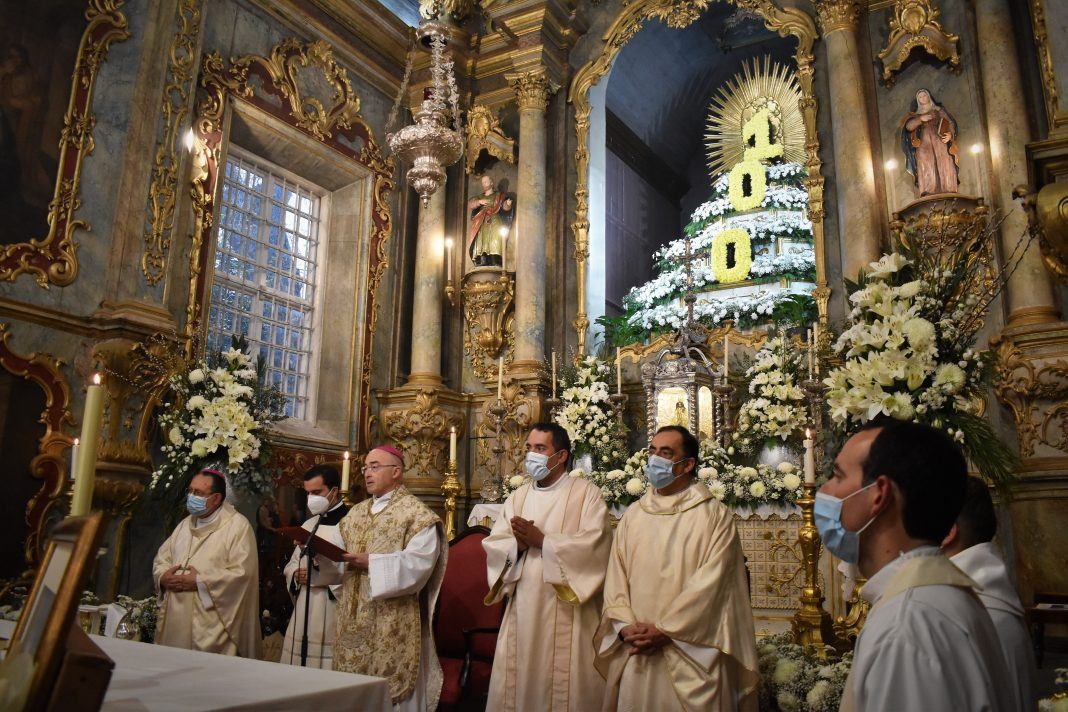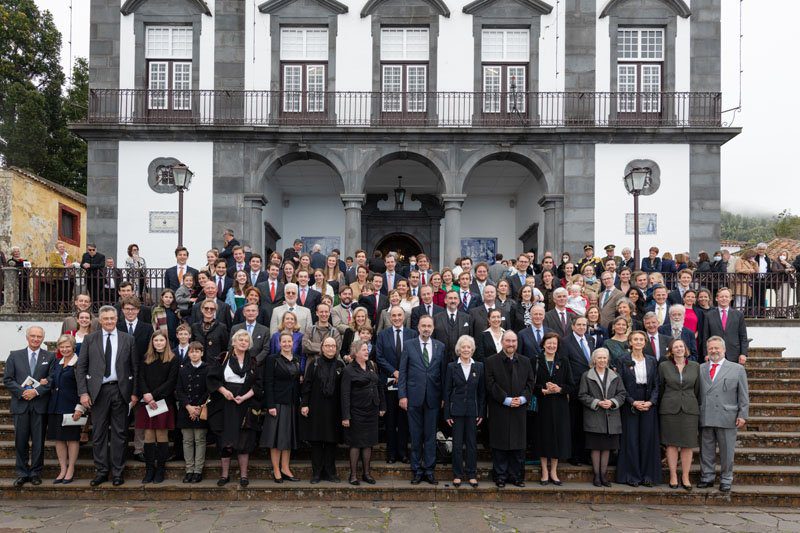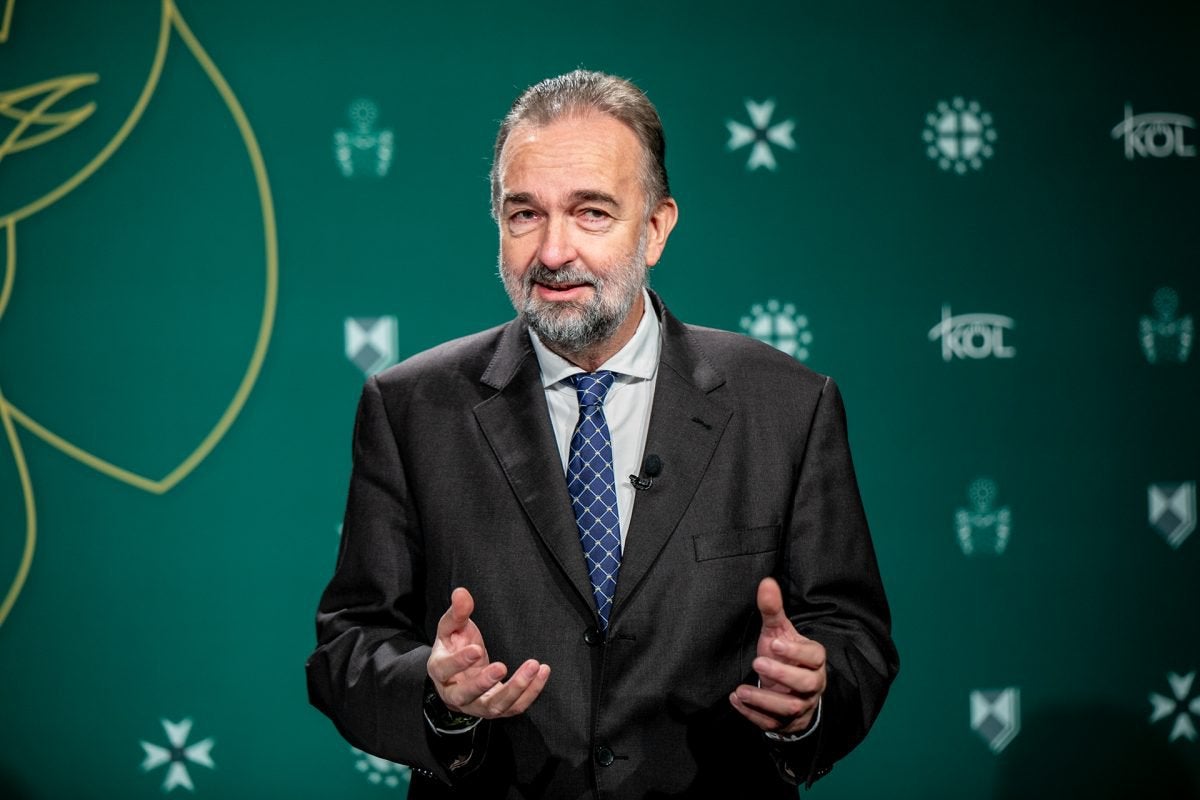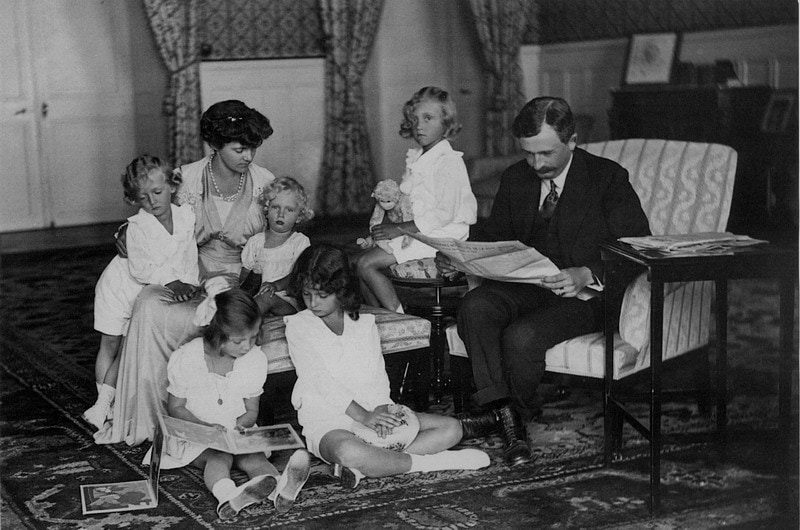
Blessed Karl, a Light for Our Times
Blessed Karl was permeated with piety and imbued with that virtue.

Blessed Karl was permeated with piety and imbued with that virtue.

While Charles’ Centennial did not feature ritual obeisances by the successors of those who so cruelly wronged him and all whom he loved, one may hope for something different from the quasqui- or sesquicentennials. It may be that young people living today, by taking to heart the lessons he taught by his life and sacrifice, shall live in a world where this injustice is at last put to rest.

Pilgrims came because Blessed Karl of Austria lived those virtues and qualities contemporary society longs to see in its leaders, in Church and State. He was a man of integrity, a ‘whole’ man; his inner and private life was the same as his public life. He believed in the virtue of duty: to be dutiful, even to the point of losing his country, his Empire, his worldly goods and ultimately his life, makes him a man worthy of admiration and imitation.

Emperor Charles died on the 1st of April, 1922, at 12:23 pm, saying the name “Jesus” one last time.

What strikes one is Karl von Habsburg’s willingness to say things which—while entirely true—would not be said by any current politician. Moreover, it hints at a vision entirely in keeping with that of his Habsburg predecessors, yet once again altered to fit the vastly changed circumstances in which we now find ourselves.

In peace or war, the Church Year was a large factor in the home life of the Imperial family, as it was for many of their subjects from Tyrol to Transylvania. Charles and Zita loved Christmas; during Advent Charles taught his children to make small sacrifices. For each of these they could put a straw into the empty manger of the Nativity scene. By the time the Christ Child would be installed on Christmas Eve, there was generally a good supply of straw!